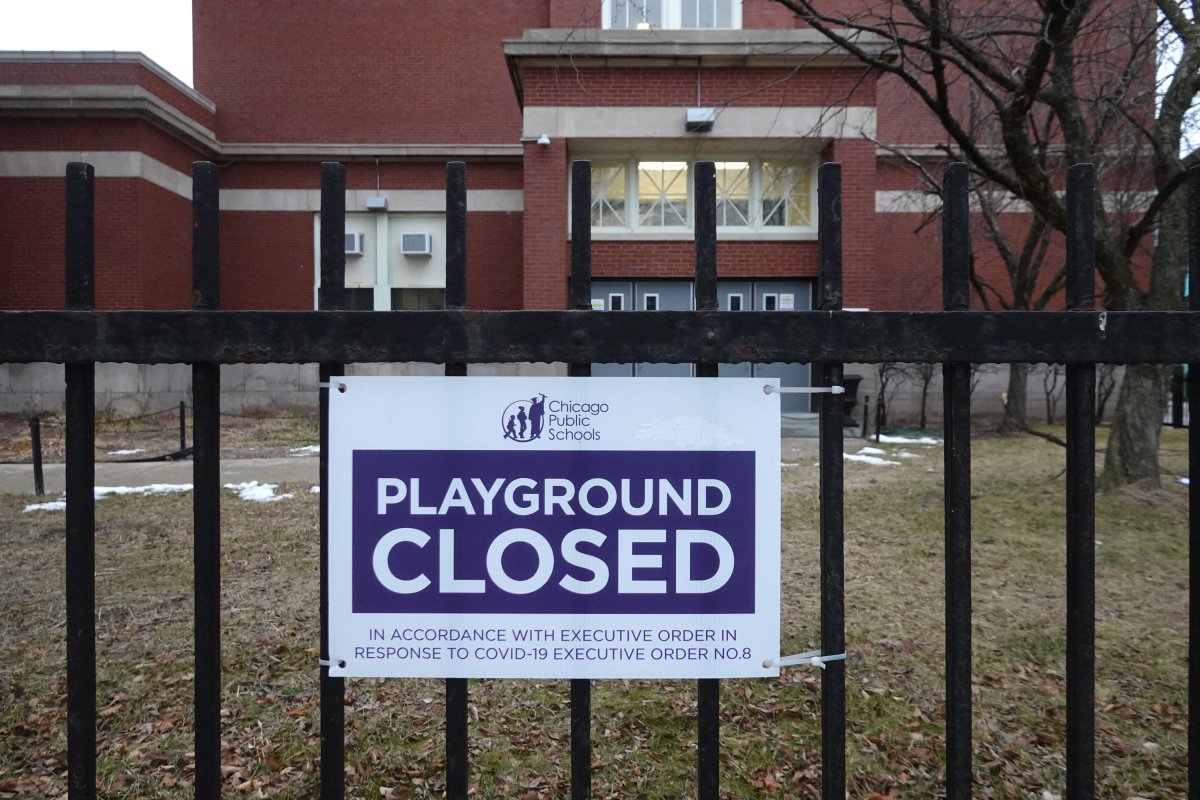One of the biggest impacts of the COVID-19 pandemic has been on parents. In many states, the pandemic resulted in the immediate cancellation of in-person schooling and a pivot to virtual classes, which meant that this time last year, parents were in triage mode, navigating video conferences, Chromebook firewalls, and any number of connectivity issues.
It's well established by now that the challenges posed by the pandemic disproportionately affected students in high-poverty schools, in communities where the internet can be elusive, assistance nonexistent, and even food shortages common. Parents who could not work remotely scrambled to find a place for their kids to spend the day. Many quit their jobs altogether, and still, children in these communities fell even further behind.
But while the pandemic has exacerbated educational inequities, it did not create them. And those urging us to "return to normal" would do well to recall just what "normal" meant for millions of students in the U.S:
Normal was a situation where, in my state of Tennessee, only one in three students reads at grade level. For students of color, the number is closer to one in five.
Normal was a public school system in which students who look like me, a man of color, are suspended three times as often as their white counterparts.
Normal was only six percent of Black students meeting all four ACT college readiness benchmarks.
Who wants to get "back to normal"?

While the pandemic has deepened inequities, it's also provided a unique opportunity to reevaluate how we think about inequality and education. Most importantly, it revealed to many parents the lies they've been told about their children's education, lies sustained by the immensely powerful public school community.
For starters, there was the manufactured choice between safety and education; the messaging across the public school system was, either you supported total lockdown and complete school closures, or you were endangering students and teachers. Not an organization known for letting a good crisis go to waste, teachers unions across the country exploited the fear brought on by the pandemic, making completely unrelated demands like defunding the police, increasing taxes on the wealthy and implementing Medicaid for all. And millions of us were held hostage to these demands, even as we watched private schools in the same cities remain open throughout the school year.
I will never forget the images of people marching through the streets with caskets and signs protesting unsafe working conditions; they were not Appalachian miners or deep-well oil riggers, but members of public-school teachers unions.
But there was a silver lining to this: Many parents saw for the first time that their zip code no longer insulated them from the effects of a poorly run school or district.
Moreover, we learned another lesson crucial for education during the pandemic: Thanks to the stimulus checks many Americans received, we learned that in certain contexts, the public is comfortable with direct payments to people, something the public school community has long opposed in the context of education. And yet, the national teachers union openly advocated for the stimulus package.
Why should there not be the same kind of stimulus when it comes to education?
The answer is that the public school has a near political monopoly over K-12 schools, and the immediate harm done by the public school system is done to the least monied, least politically relevant group: children.
I assure you, the hypocrisy is not lost on parents struggling to pay for childcare so they can fulfill their essential worker roles.
Finally, the pandemic revealed that voters recognize the need for more options when it comes to school. Having their eyes opened to the inability of the status quo to support children in their communities, voters are now supporting a range of educational options like never before.
Poll after poll shows soaring levels of support for school choice, especially education savings accounts and tax credit scholarships. The most recent poll shows that 71 percent of voters back school choice.
More than ever, it's clear that one approach can't meet the needs of a society in educational (and health) crisis. We need a range of options.
Given these lessons, where do we go next? We must be guided by a few core principles: Education policies must be student-centered. Parents should be in the driver's seat. States should fund students, not systems. And one size does not fit all.
While these directions may sound general, following them can have a major, positive impact.
For instance, some proponents of the status quo have already proposed canceling academic testing so as not to traumatize students. That's like being in the midst of a diabetes epidemic and throwing out scales because we don't want to body shame. We owe it to our kids to know exactly how they are doing so that we can help. That's what it means to be "student-centered."
We also know that children learn differently and need differentiated help. School choice programs put parents in the driver's seat allowing them to meet the needs of their unique children.
Let's be clear: If the COVID-19 pandemic is our midterm, the second semester will be even more challenging than the first—but it also holds more promise.
Instead of rebuilding a system that had failed millions of students for decades, this is our chance to build anew, eradicating education inequities and closing persistent achievement gaps. In other words, building the system as it should have been built in the first place.
Shaka Mitchell is the Tennessee State Director for the American Federation for Children.
The views in this article are the writer's own.
Uncommon Knowledge
Newsweek is committed to challenging conventional wisdom and finding connections in the search for common ground.
Newsweek is committed to challenging conventional wisdom and finding connections in the search for common ground.
About the writer
To read how Newsweek uses AI as a newsroom tool, Click here.








